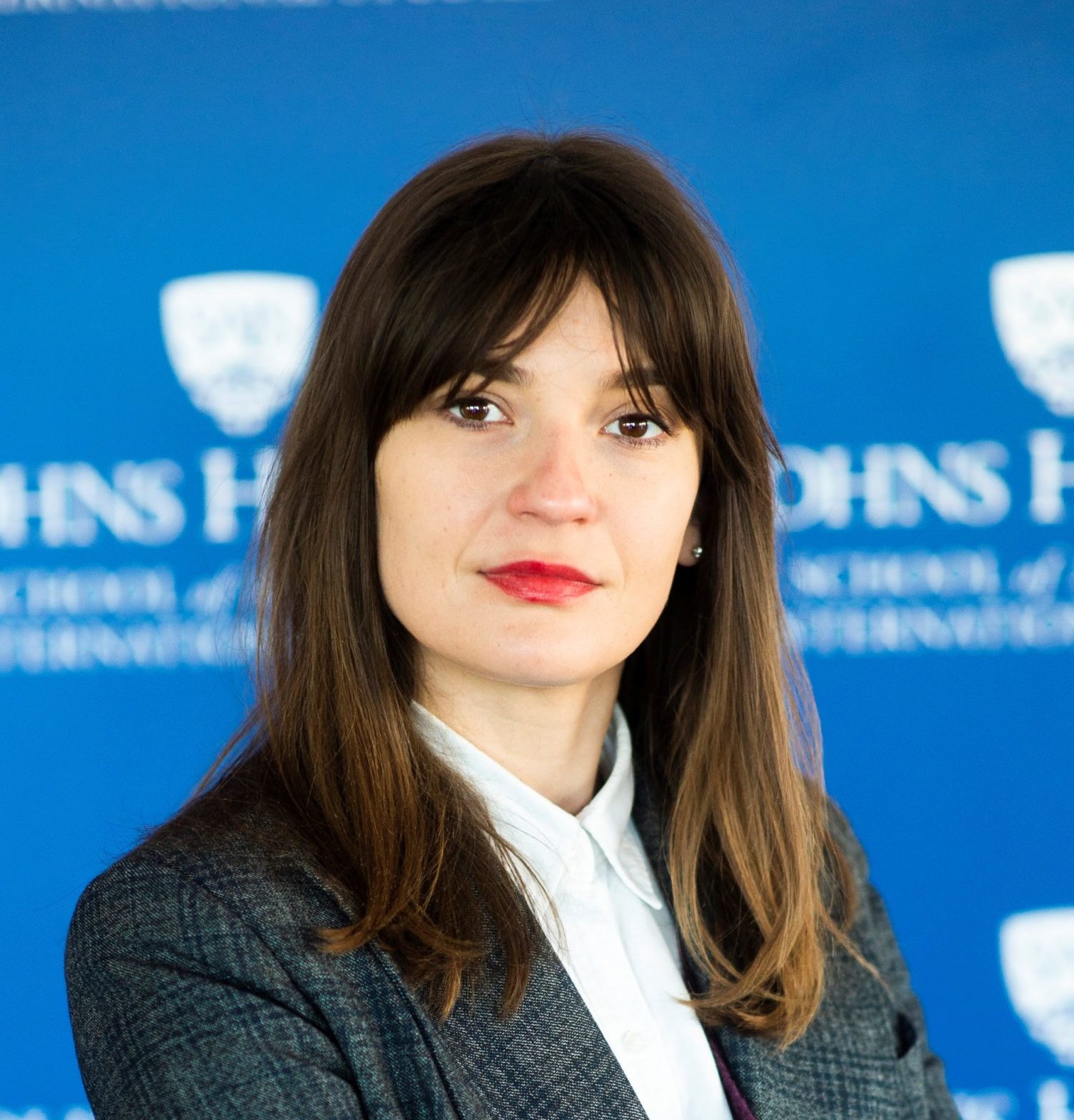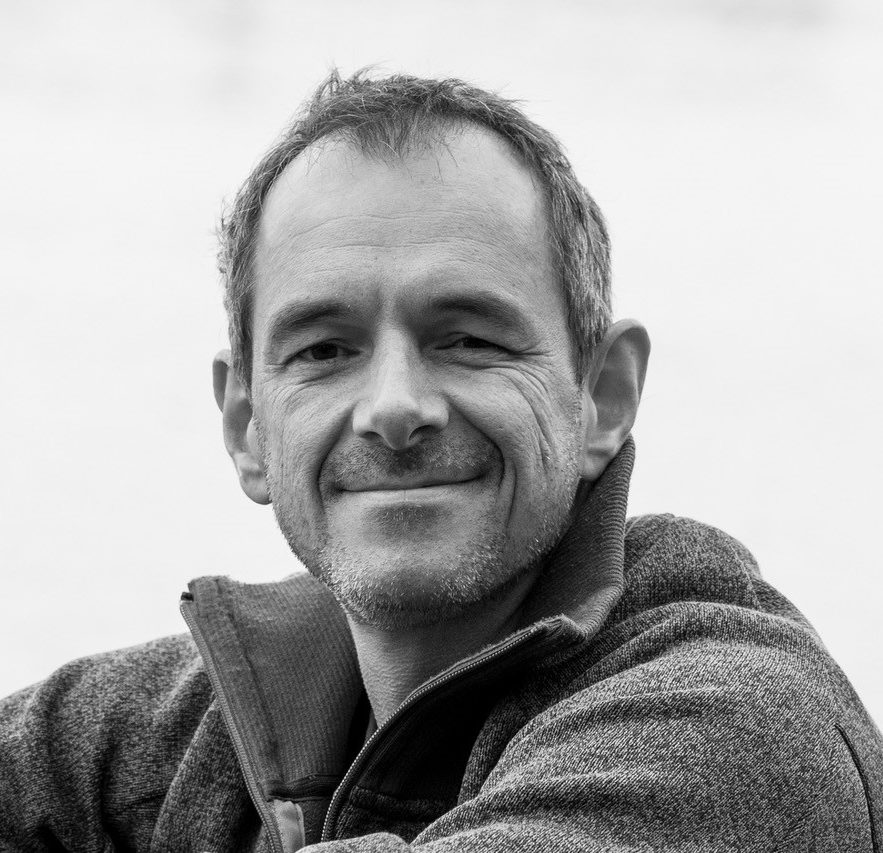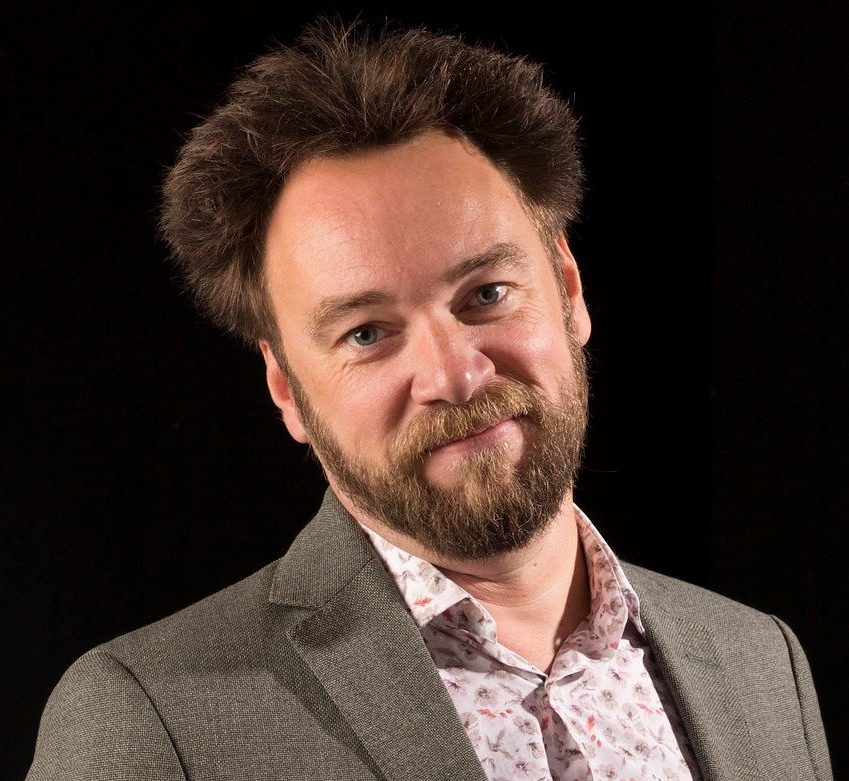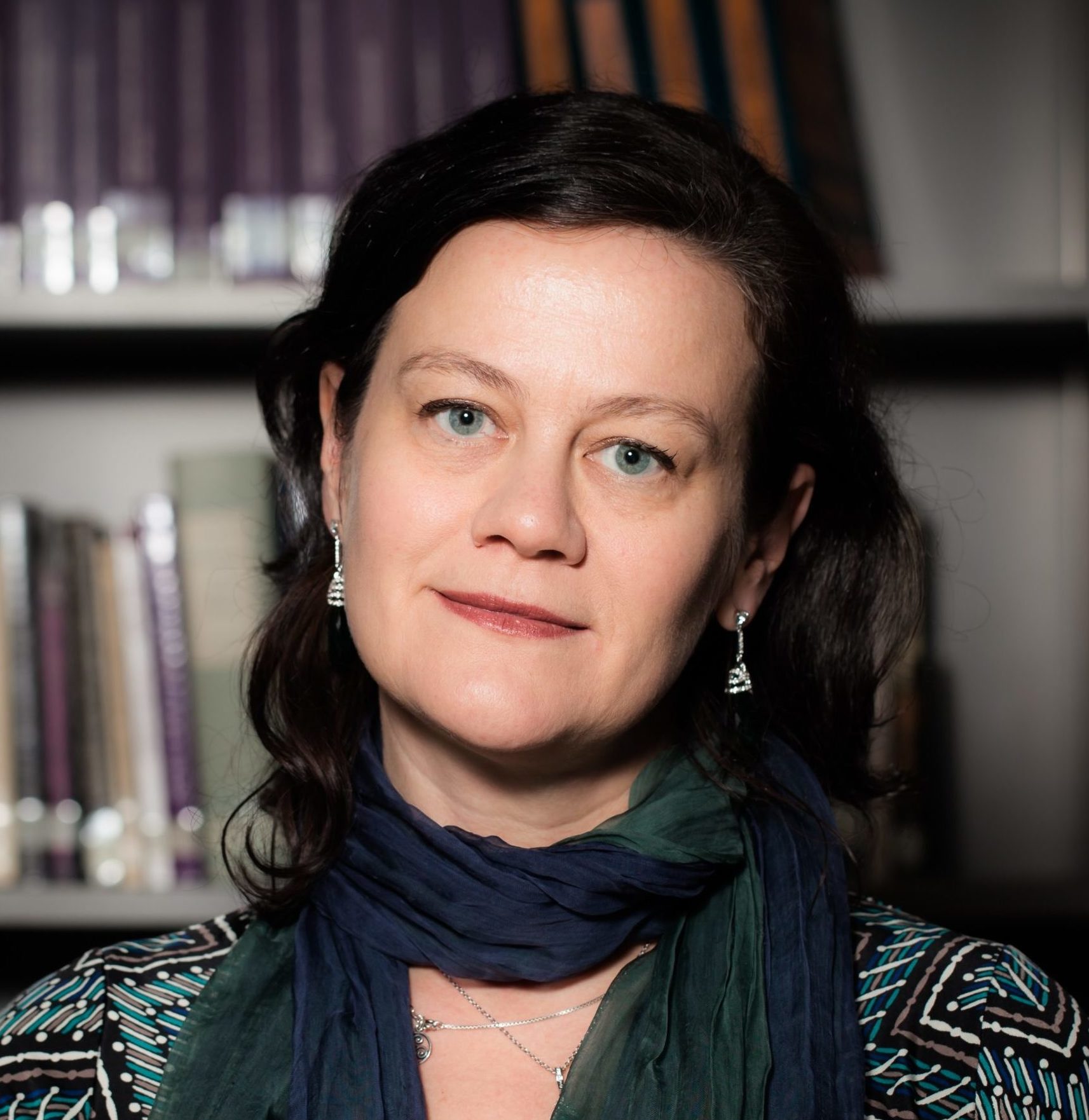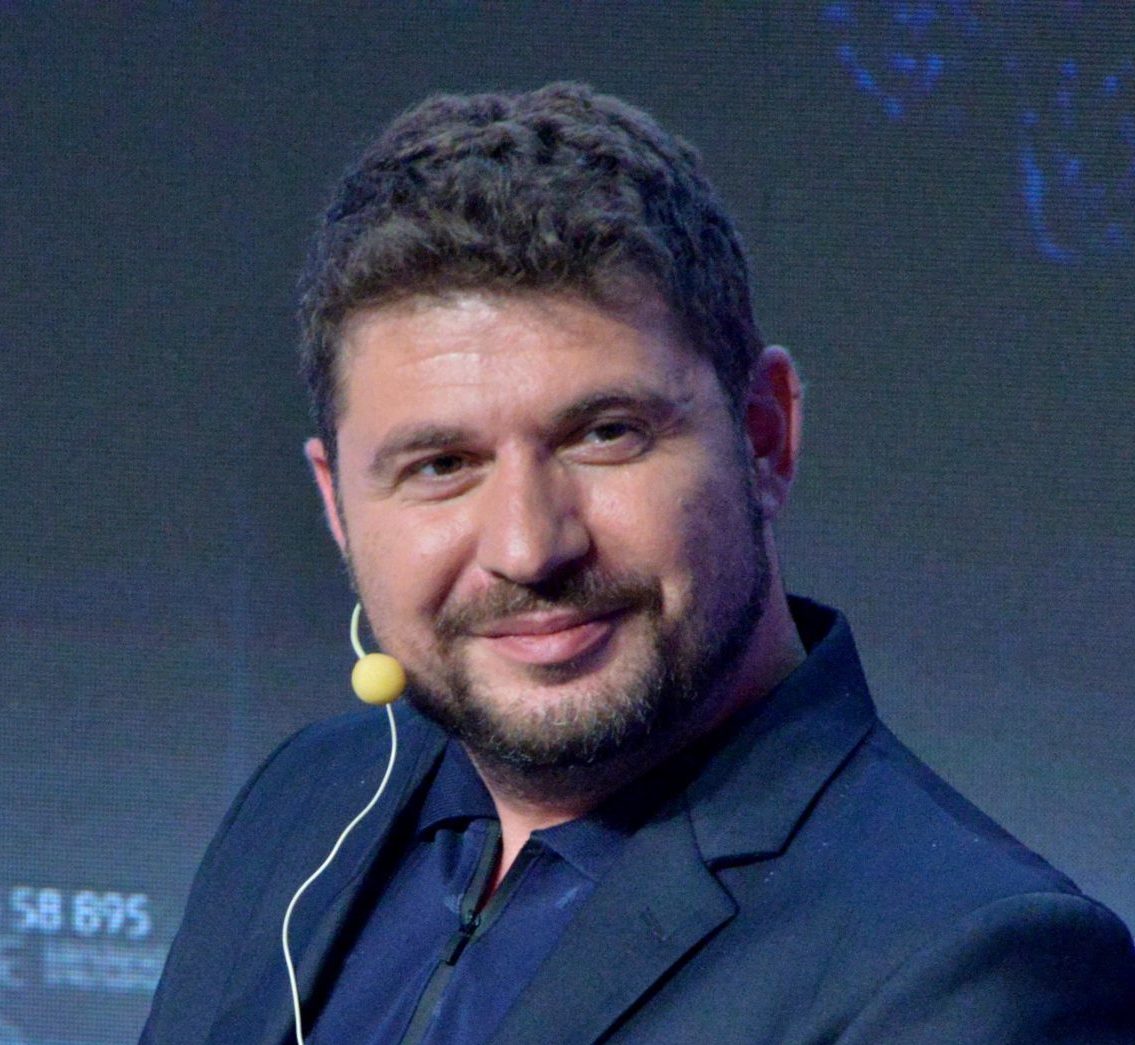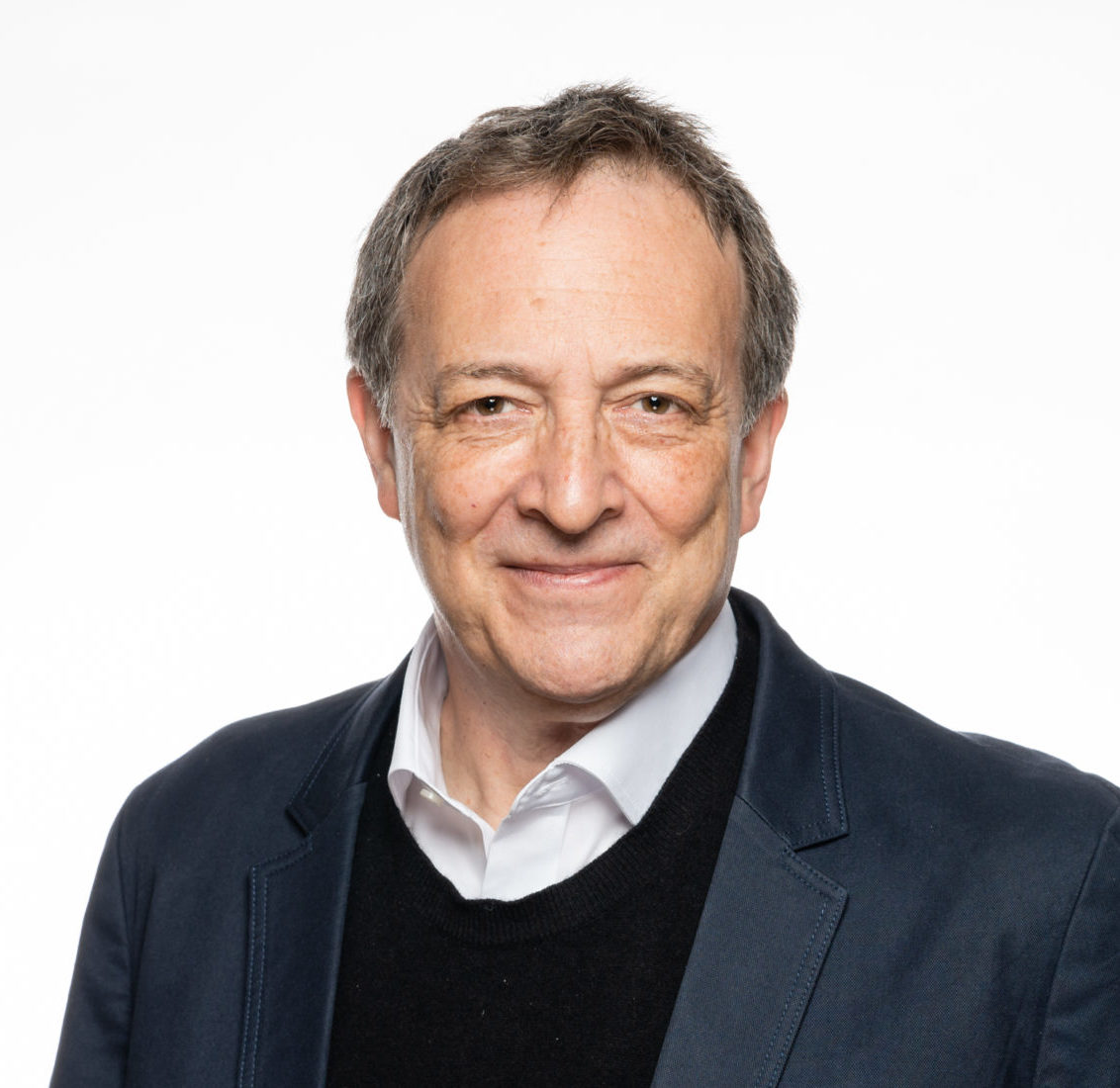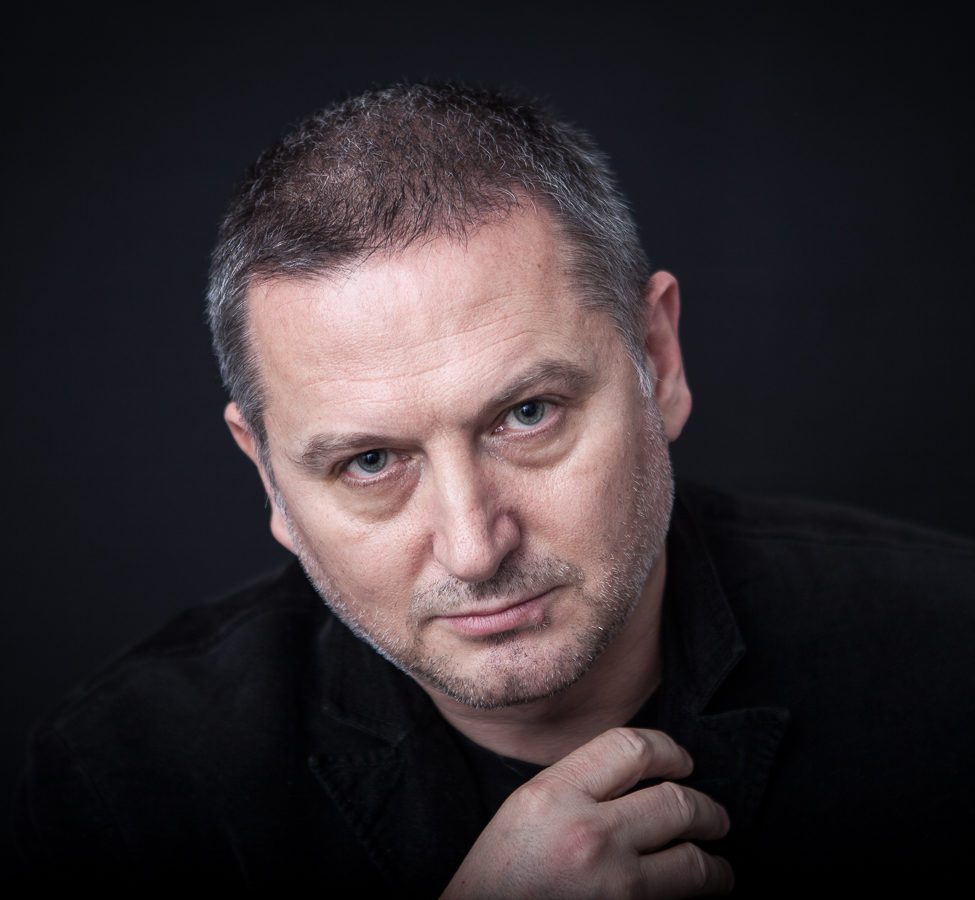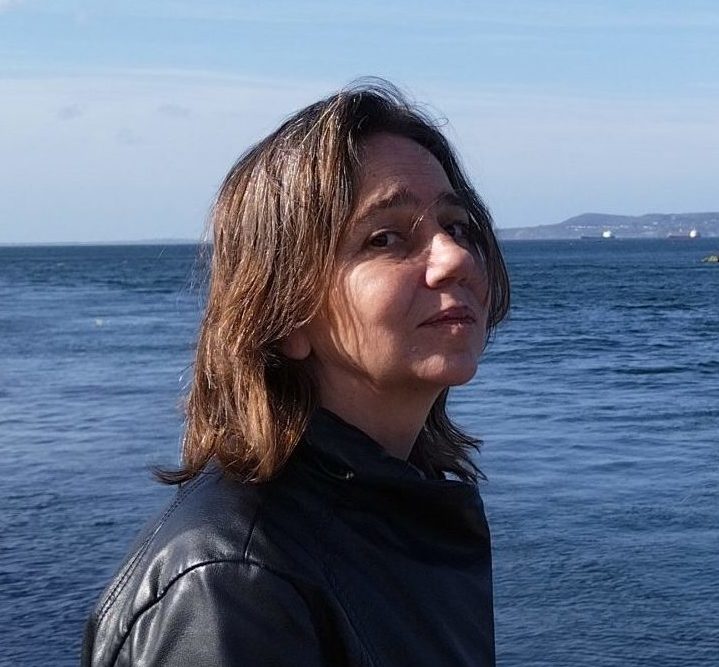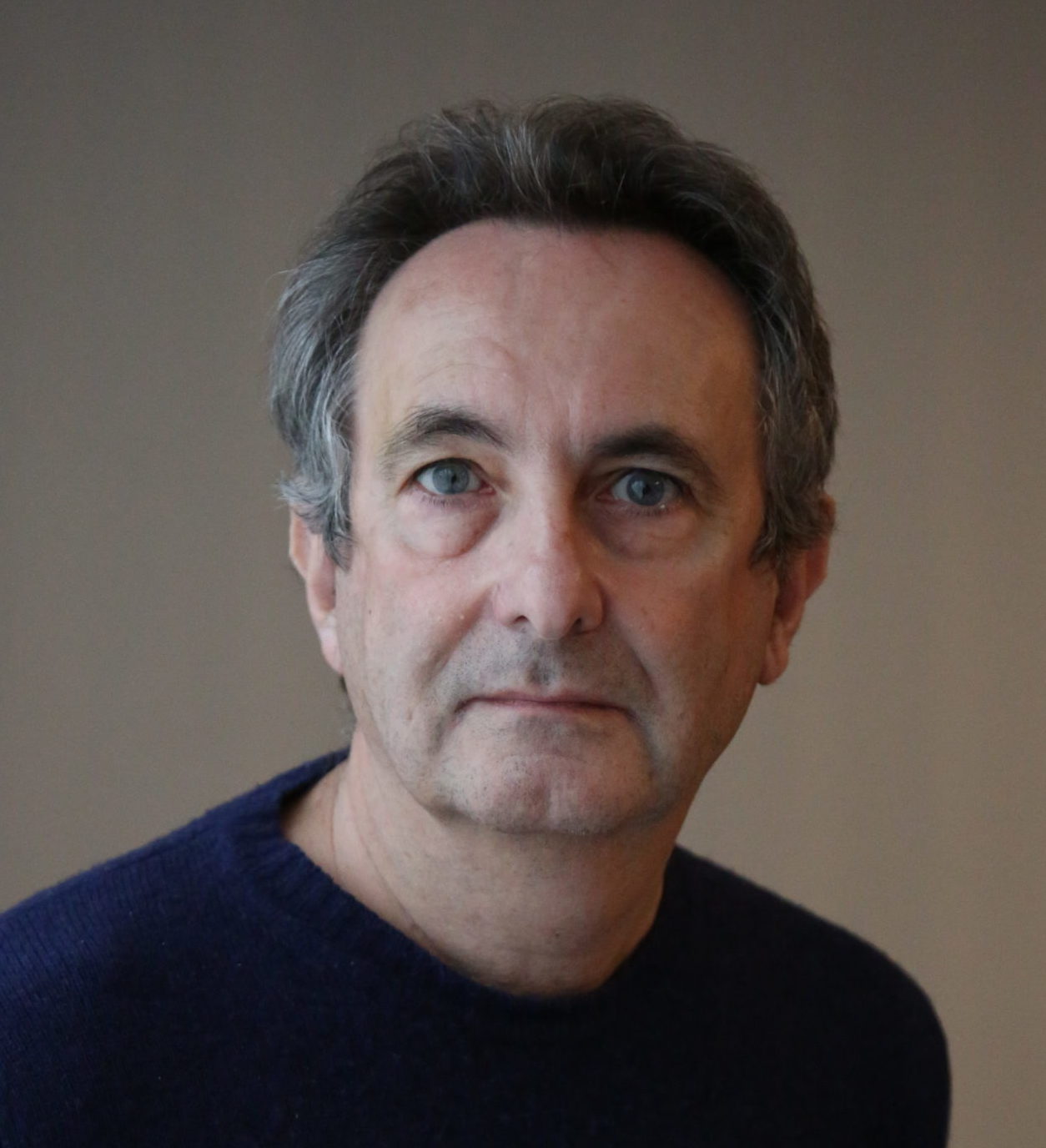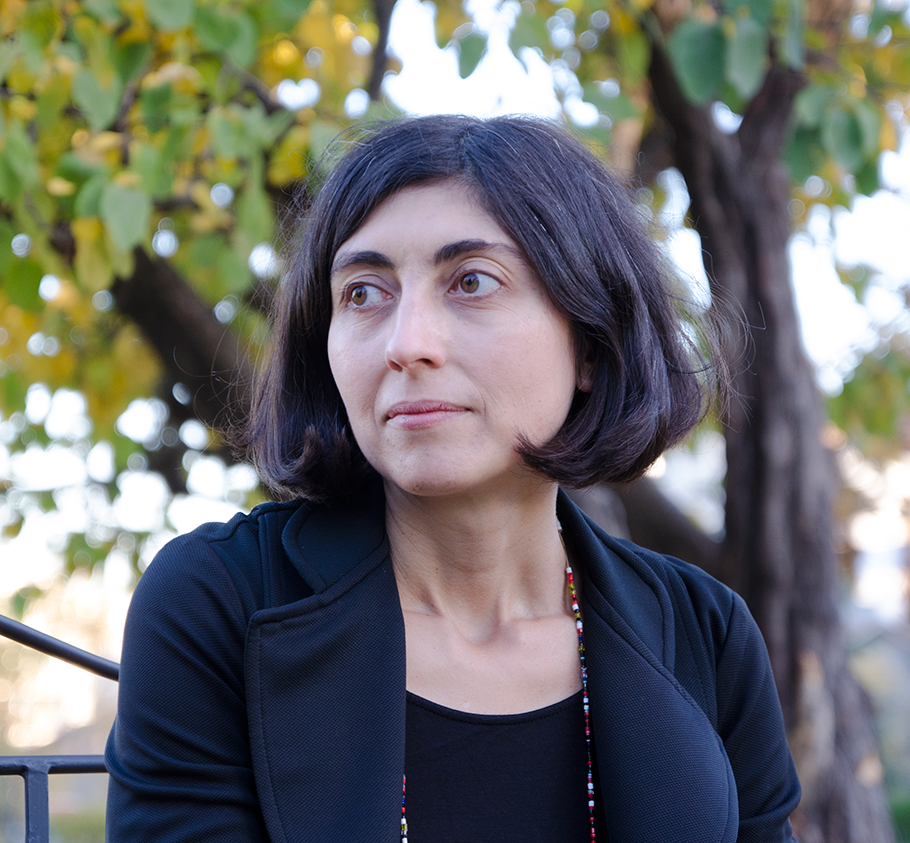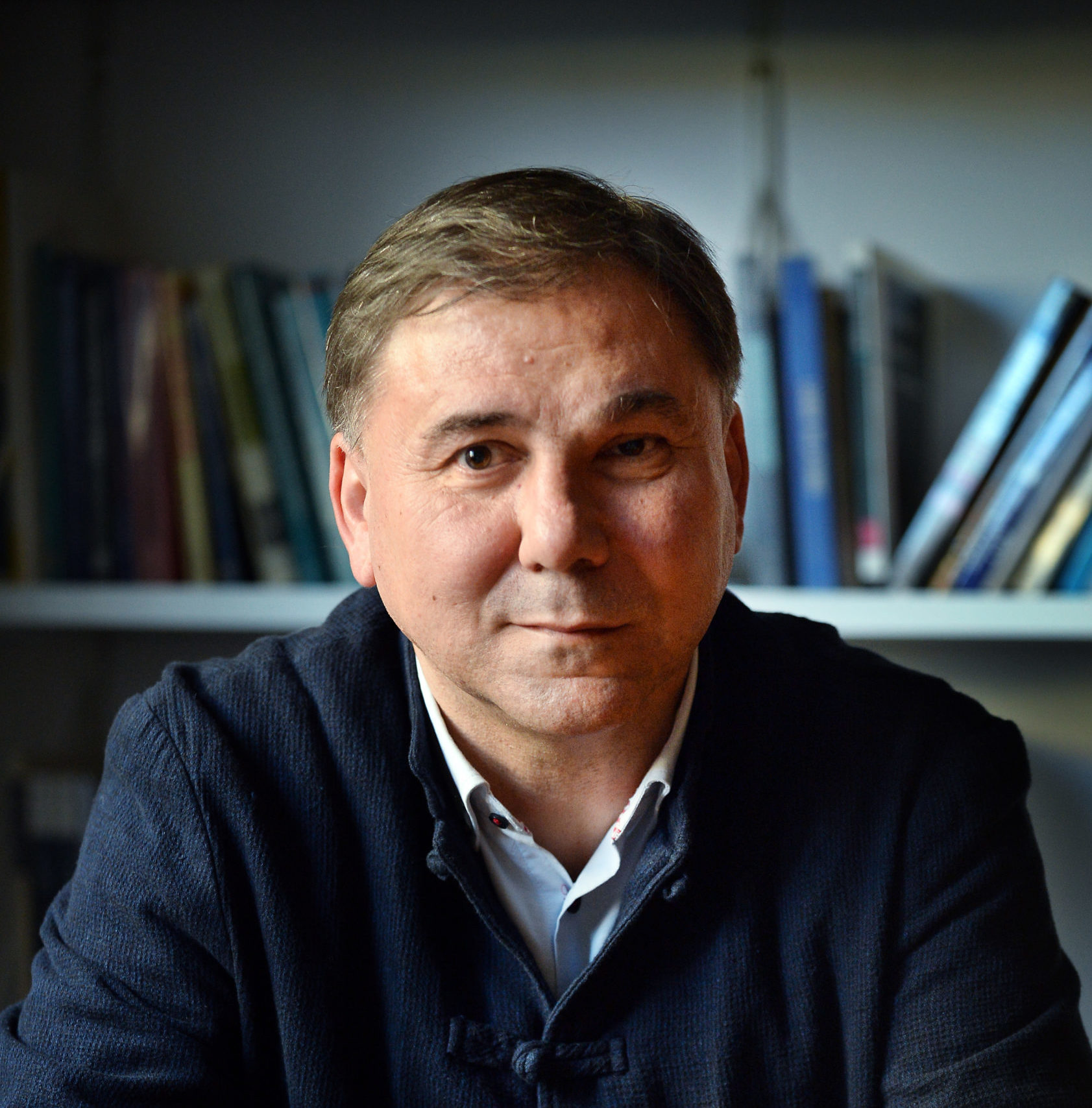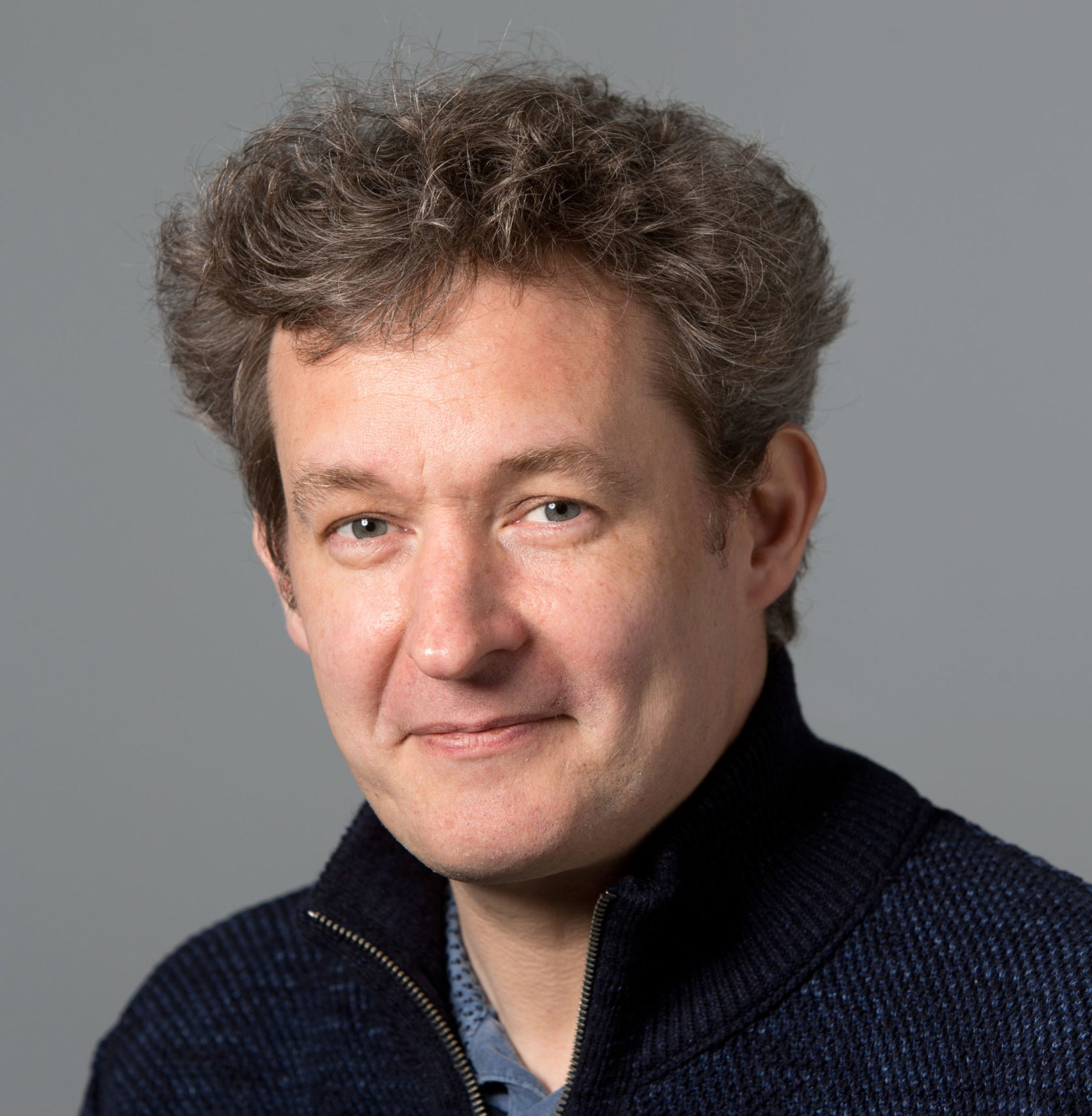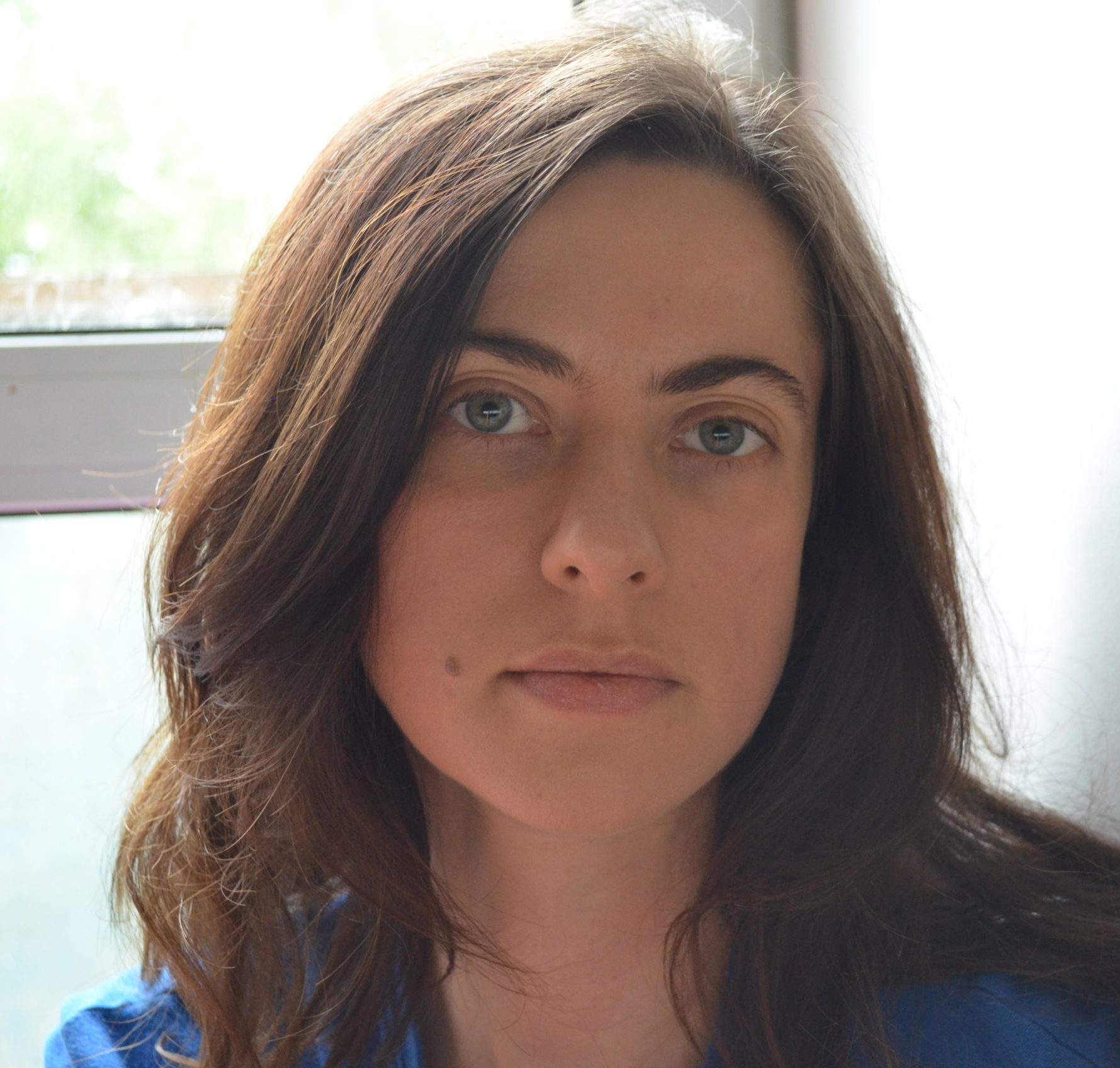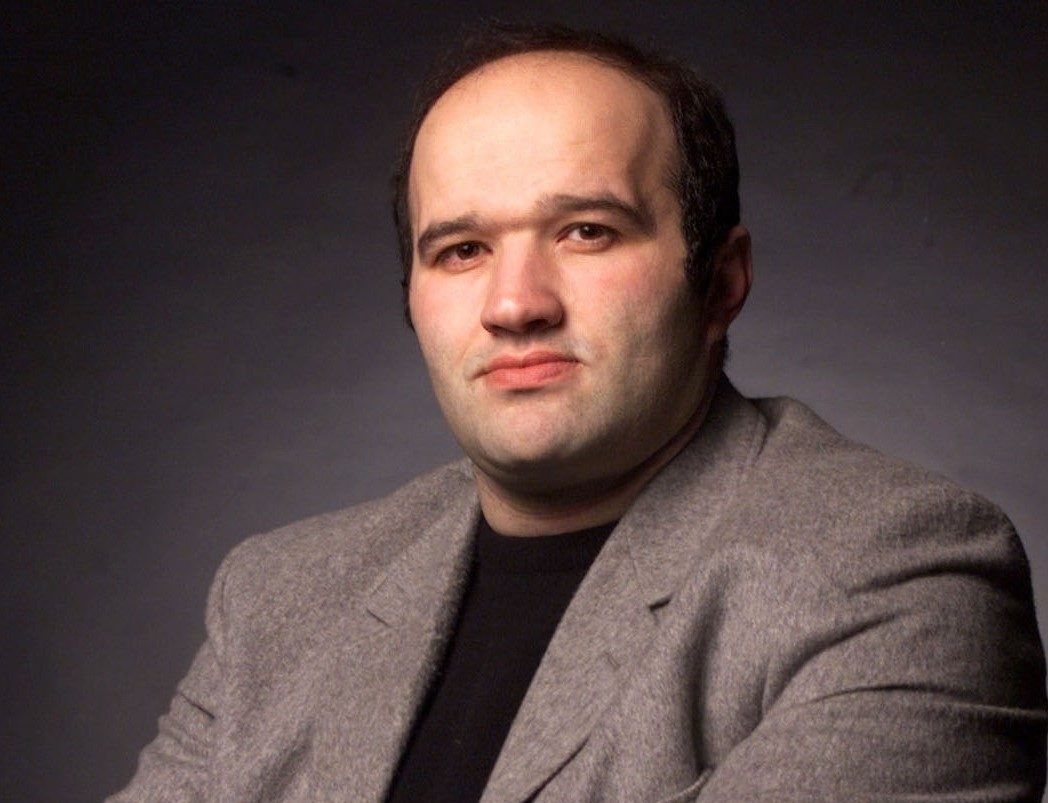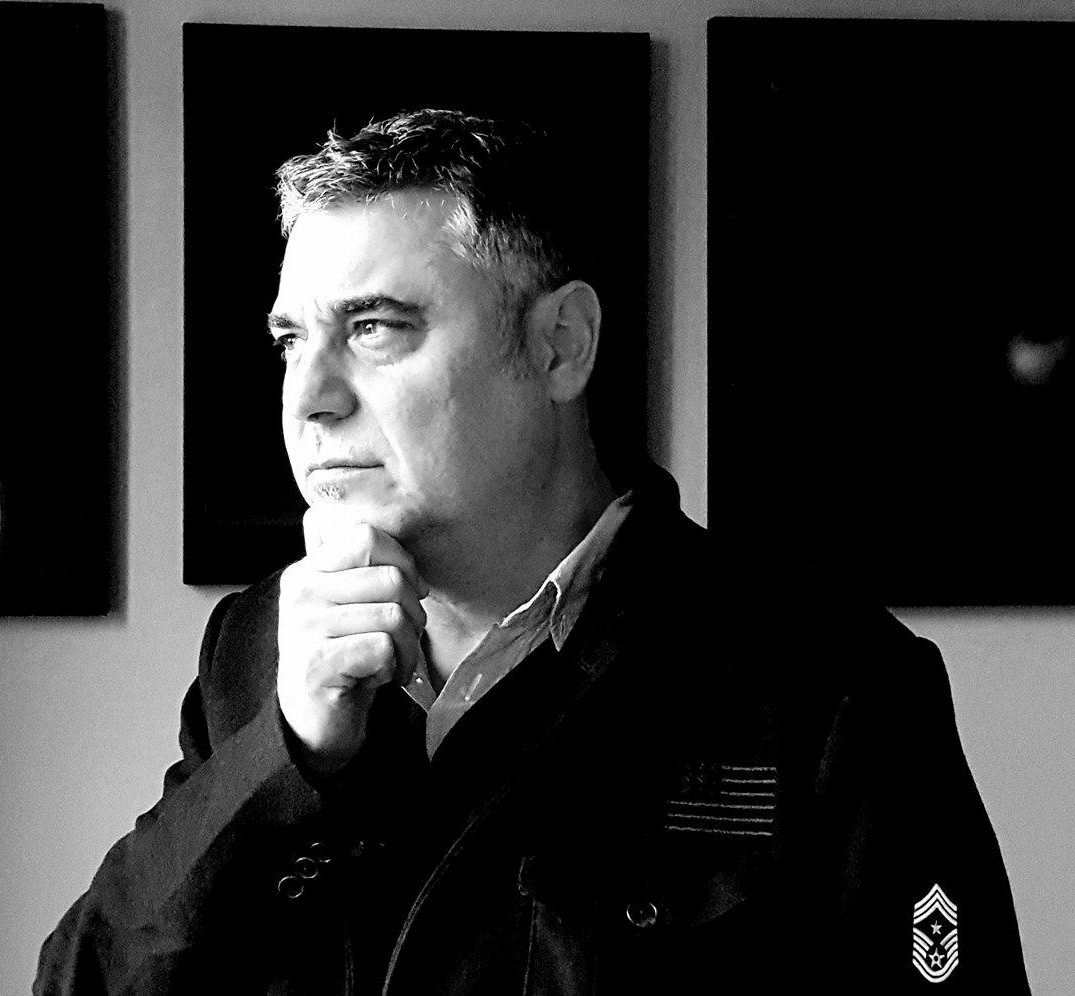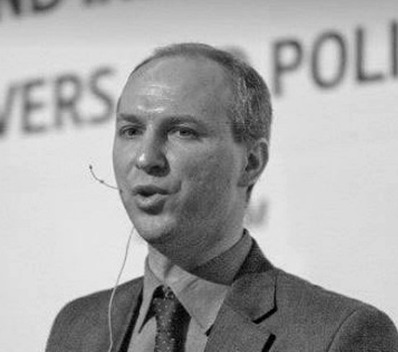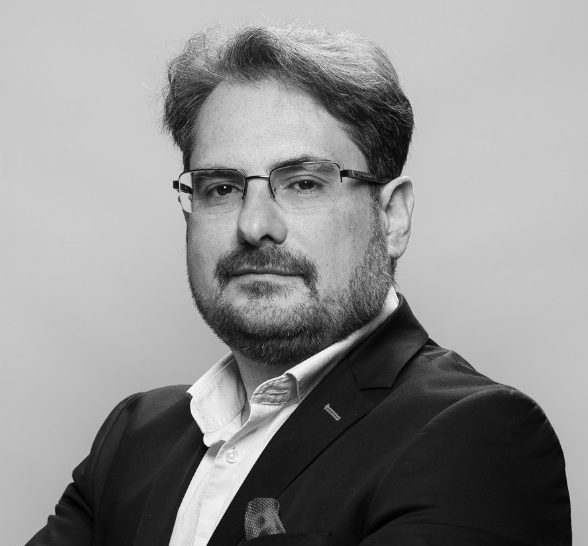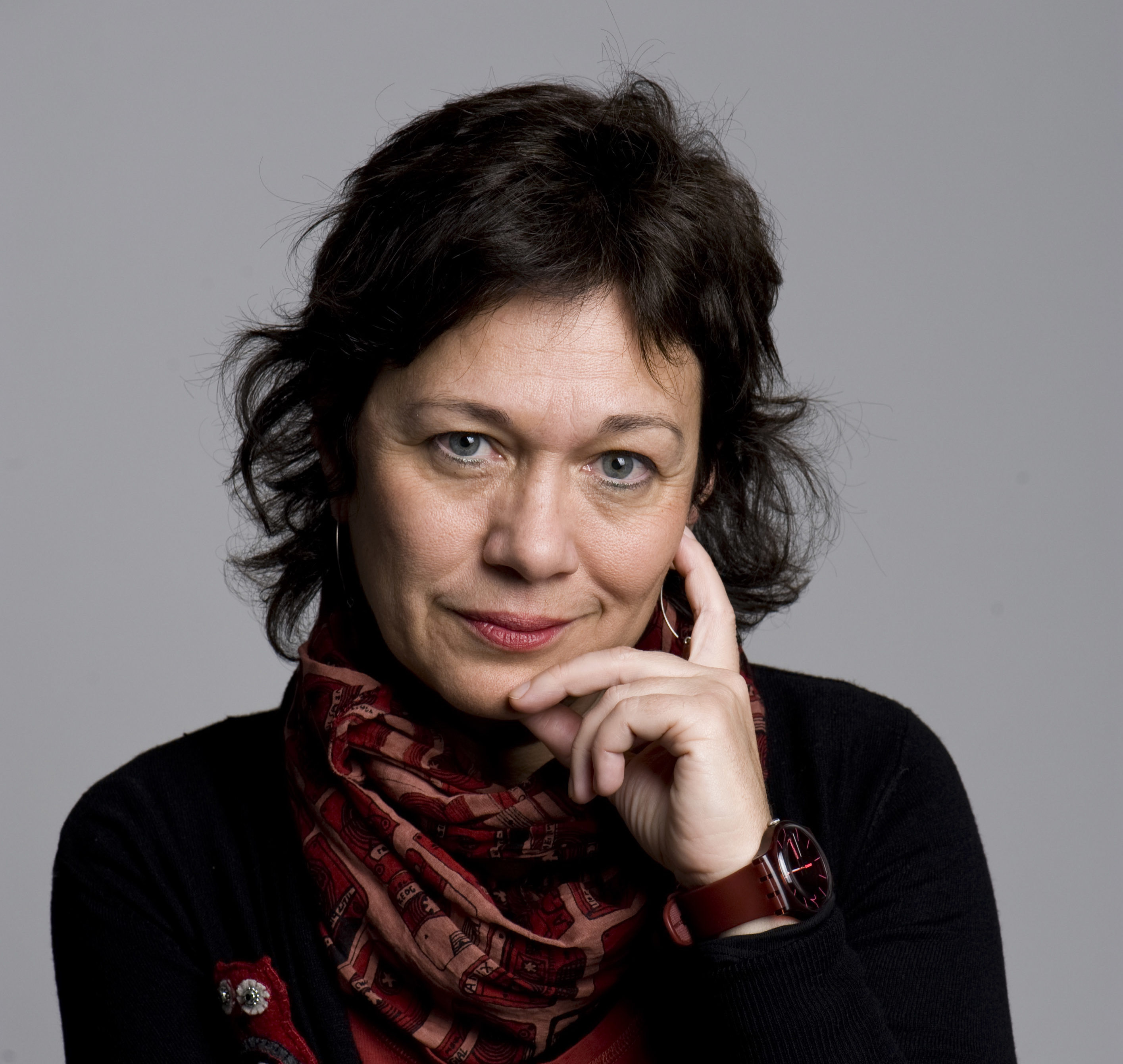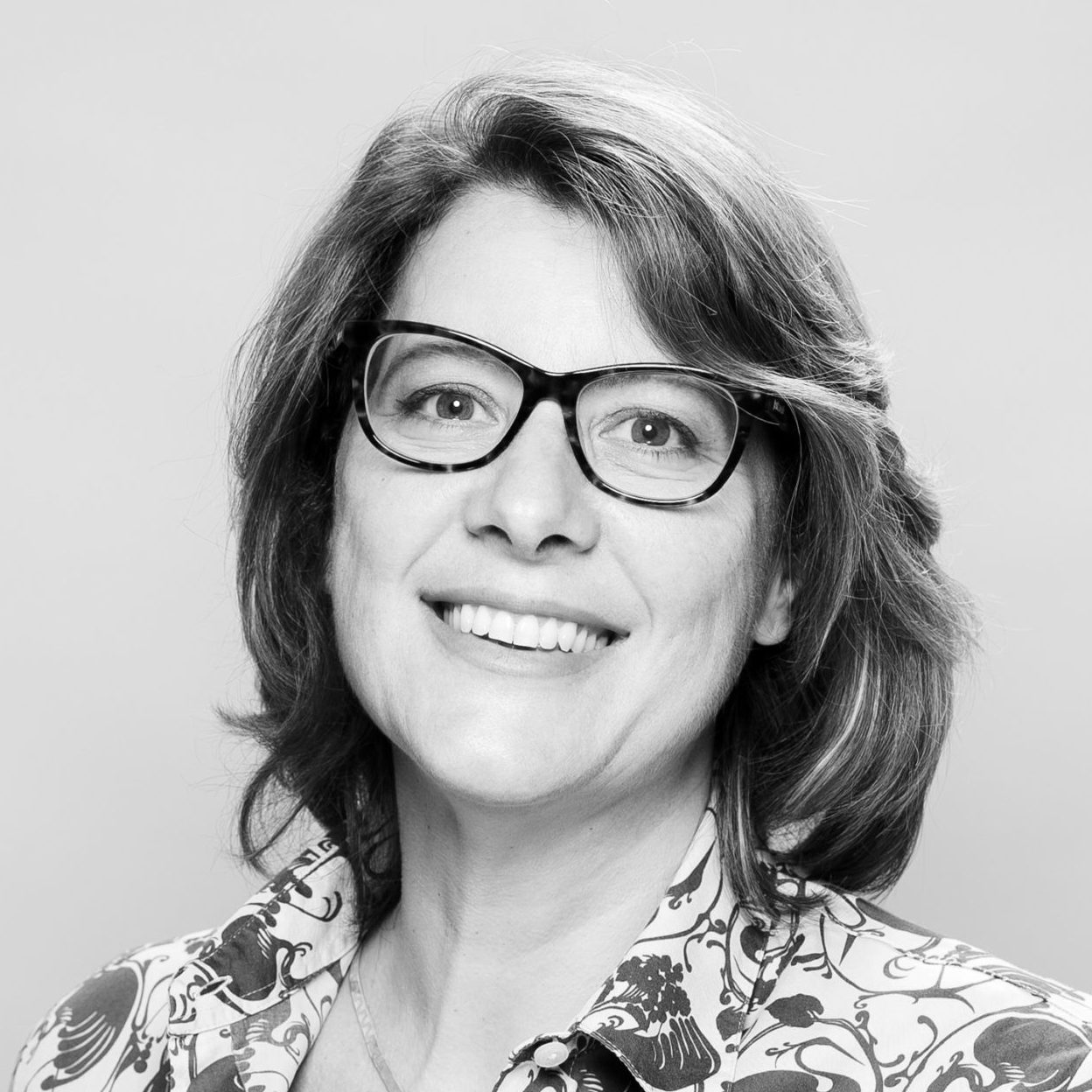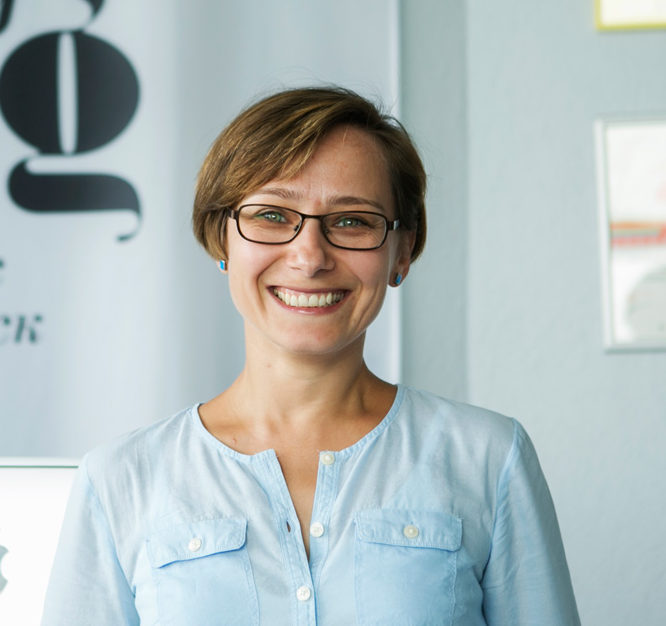-
Friday, 24 February
-
While Russia is waging a fully-fledged war in Ukraine, the hybrid struggle for influence is conducted with other weapons elsewhere in Europe. Bulgaria has for a long time been the target of the Kremlin’s disinformation and propaganda and it is far from clear that the sympathies of the population lie with Brussels – or Kyiv – rather than Moscow. In the Balkans, perpetually postponed European perspectives make societies susceptible to influence not only from Russia, but Turkey and China as well. How is this battle for influence fought? With what means? And is the EU really winning?
-
-
Saturday, 25 February
-
With a rapidly declining population Bulgaria is exemplary of the feeling of existential threat that characterizes many countries in Central and South-Eastern Europe. Here emigration is a much more acute problem than immigration. But what structures are hidden behind the numbers? How does migration change both sending and receiving countries? And is the import of well-educated doctors as well as low-skilled care workers really the solution for ageing societies in the west?
-
Political scientist Ivan Krastev was one of the first to point to demography as a major driving force in contemporary European politics, from re-nationalization to failing support for democratic reform. In Alek Popov’s novel Mission: Turan, the demographic angst is treated with an ironic twist as an expedition sets out to Central Asia to find alleged proto-Bulgarians, who can be recruited to compensate for the dwindling population back home. Absurd? Perhaps. But where exactly goes the line between literary satire and political reality? Two of Bulgaria’s brightest minds and wittiest intellectuals discuss an issue at the centre of the life stories of many Europeans.
-
-
Sunday, 26 February
-
Just as the EU seemed to lose momentum, Russia’s war against Ukraine forced the member states to rally around the idea of Europe as a value-based, economic and political community. It remains to be seen how long this will last, but it has become clear that the EU can be an object of desire and identification – at least to those outside. Recently, Ukraine and Moldova were granted EU candidate status. Others, not least in the western Balkans, have been waiting in line for a long time. Does the EU still represent the hope of a better future? Can – or must – the political project Europe be renewed from the periphery? What role can and should Bulgaria play in such an overhaul – both inside and outside the EU?
-
-
Sofia 2023
24-26 February | Bulgaria
We would like to extend a heartfelt thank you
to all participants and partners for the fascinating and informative discussions in Sofia.
Selected recordings of the debate are now available on our YouTube channel.
Make sure to subscribe to our newsletter to get timely information about future Debates on Europe activities.
After an involuntary break, we are happy to announce the programme of the first full-scale Debate on Europe since the event in Belfast just before the pandemic. In February we will be visiting one of the hotspots of crisis-ridden Europe.
For anyone interested in understanding the challenges facing European societies, the Bulgarian capital of Sofia is right now one of the most interesting places to go. Here many of the current conflicts become clearly visible.
More than fifteen years after Bulgaria joined the European Union, Russian influence is still strong, making the country’s stance on the war in Ukraine and its consequences – energy policy and economic sanctions, for example – remain in the balance. Furthermore, with a population meanwhile below seven million, Bulgaria epitomizes the deep demographic crisis marking many European countries. And Bulgaria is also a key country in a region that could play a pivotal role in the renewal – from the periphery – of the European political project.
All this and much more is on the agenda at the Sofia Debate on Europe.
Events are in English and Bulgarian with simultaneous translation. Admission is free but we recommend reserving tickets in advance.
Finding a Language to Address the Crisis
The Sofia Debate on Europe, 24–26 February 2023
The Sofia Debate on Europe opens on a portentous date in recent European history, exactly one year after Russia launched its full-scale invasion of Ukraine. But it is also nine years since the Revolution of Dignity culminated on the Kyiv Maidan and not-so-mysterious “little green men” started to appear on the Crimean peninsula, marking the real start of the Russo-Ukrainian war.
Programme
Participants
Partners
Supported by the Federal Foreign Office
Media Partner
Team
Carl Henrik Fredriksson
Programme Director
Dessy Gavrilova
Programme Advisor
Barbara Anderlič
Project Manager
Lora Fileva
PR
